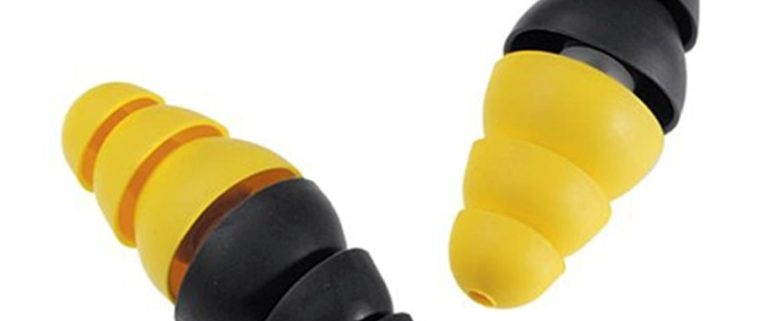3M Defective Earplug Trial Set for April
The 3M company has reached a milestone, a dubious distinction. With 233,575 defective product lawsuits filed, the multidistrict litigation (MDL) naming Minneapolis-based 3M over its Combat Arms Earplugs, has now become the largest mass tort in history, exceeding the number of asbestos cases filed in multidistrict litigation in one court (192,118).
Combat Arms Earplugs, Version 2 (CAEv2) were originally sold by Aearo Technologies. Aearo was then sold to 3M. Both companies are alleged to have supplied the earplugs to the four branches of the military under government contracts from 2003 to 2015.
At no time were the users warned the earplug could fail, allowing the user to be harmed from loud sounds like gunfire or explosions. Any member of the military issued the earplugs is eligible to file a complaint if they have suffered hearing loss as a result of the defective earplugs. Other injuries include deafness, permanent hearing damage, and tinnitus or a ringing in the ears.
Judge Casey Rodgers of the Northern District of Florida in Pensacola will preside over the lawsuits. The first trial is set for April 2021. In that case, three veterans claim they suffered hearing loss.
Last December, five veterans asked for their cases to be grouped together in a single trial. The five also allegedly suffered hearing damage and because their cases are so similar their argument for consolidating was that they involved “overlapping, and frequently coextensive, issues and facts.”
A district court has the option to consolidate multiple cases when there is a common question of law or fact, under the Federal Rule of Civil Procedure 42(a).
Judge Rodgers decided that three of the five should be consolidated and prepared for trial in April. She believes jurors will be able to keep the individual facts straight. The two remaining cases will be set for trial in May and June. Four bellwether trials have been selected to be heard.
Estimates are that litigants could be awarded up to $300,000 for their issues.
The Evidence
The earplugs in question were dual ended. The yellow end was supposed to be inserted in the ear so that the wearer could still hear low-level sounds such as commands. The other end was green and designed to completely block sound. Their design was supposed to protect the user from the loud noise coming from a firearm, however, plaintiff attorneys allege that a defective design allowed the earplugs to loosen and move out of the ear canal. In doing so, they failed to protect the ear and the user’s hearing.
The failure of the earplugs was allegedly not revealed to the military.
Service members allege they were supplied with the earplugs to be used during their training. Instead of working as promised, a measurement of their hearing conducted by military-issue audiograms proves they were injured during their service.
According to the Veterans Administration, tinnitus and hearing loss are the #1 and #2 service-related disabilities that affect veterans. The rate of a hearing disability claim has steadily risen since 9/11 at a faster rate than the 20 years prior impacting now about 2.7 million veterans.
3M
In response, 3M believes the large number of cases is the result of marketing by plaintiff law firms.
In an article in the Charleston Post and Courier newspaper, the company says “(3M) worked in close coordination with the U.S. military on the CAEv2 product, and its design reflected the direction and feedback of individuals acting on the military’s behalf. We deny this product was defectively designed and caused injuries, and we will vigorously defend ourselves against such allegations,” said spokesman Tim Post.
The allegations were originally brought to light in a qui tam or whistleblower lawsuit filed under the False Claims Act.
A $9.1 million settlement offered by 3M in July 2018 to the government was intended to resolve allegations that 3M knowingly sold dual-ended earplugs to the U.S. military that were too short for proper insertion, without disclosing their defective nature.
The Department of Justice (DOJ) noted the payment was received under enforcement of the False Claims Act. The settlement resolves allegations brought forth in a qui tam or whistleblower lawsuit which permits private parties to sue on behalf of the government when they believe they have observed government waste and fraud. In this case, the whistleblower observed 3M allegedly submitting false claims for funding from the government.
The whistleblower received $1,911,000 for his effort. There is no admission of liability as a result of the lawsuit.
Acting Assistant Attorney General Chad A. Reader told Disabled Veterans.org, “Government contractors who seek to profit at the expense of our military will face appropriate consequences.”
[United States ex rel. Moldex-Metric v.3M Company, Case No. 3:16-cv-1533-MBS (D.S.C).]




Leave a Reply
Want to join the discussion?Feel free to contribute!